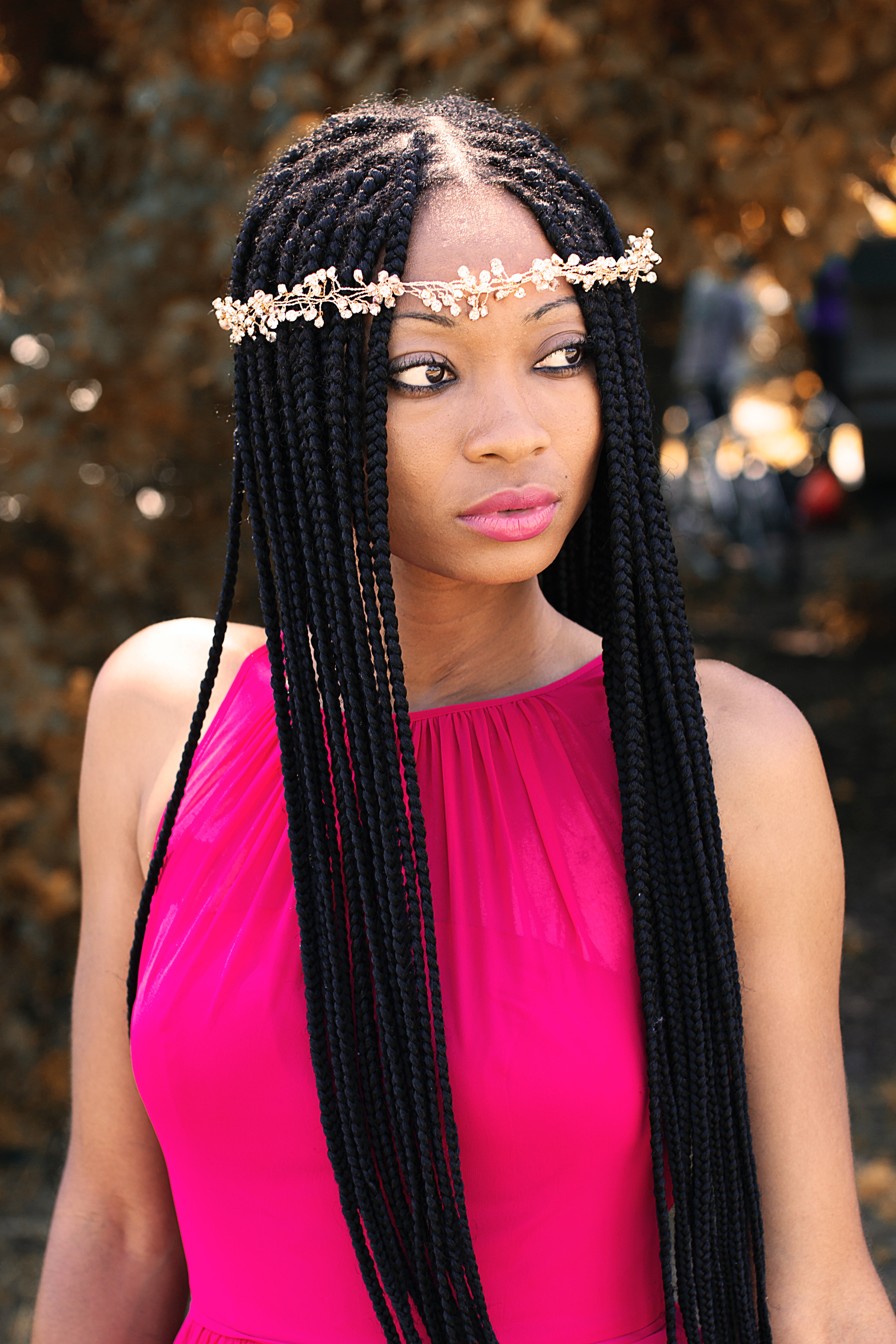Abstract
This qualitative study uses photovoice to illuminate 18 Black girls' (15 – 18 years old) descriptions and visualizations of mental health and wellness. Participants captured images of people, places, and symbols that represented being mentally healthy. Photos were used to elicit responses during semi-structured interviews. Data were analyzed using an iterative, flexible coding approach, which put the data in conversation with Black Girl Cartography, a conceptual framework highlighting the importance of places and spaces supporting Black girls. Our analyses suggest that participants defined mental health as dealing with emotions, feeling stable/at peace, coping with stressors, and being shaped by the external environment. Further, their wellness was facilitated by spirituality, resistance, and community. Findings suggest the intentional use of photography and participatory methodologies produce rich, grounded narratives that can contribute to a holistic understanding of Black girls' mental health and wellness.
Authors retain copyright control of articles published in the journal. Reprints cannot be granted for articles in new issues. Except in these cases, those who wish to reprint articles, large excerpts, figures, graphs, tables, or images should contact authors directly. When referencing any published articles from this online journal, JAAWGE is to be credited as the publication outlet. We suggest including the URL link to JAAWGE. Permission to copy an article is provided to all subscribers, but cannot be sold, except by its author(s). Authors are free to disseminate and post their articles.

